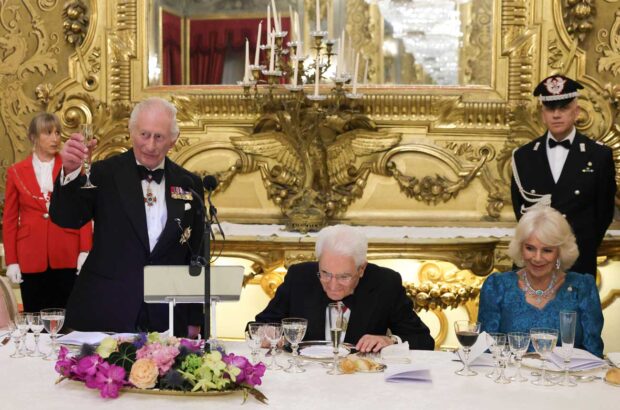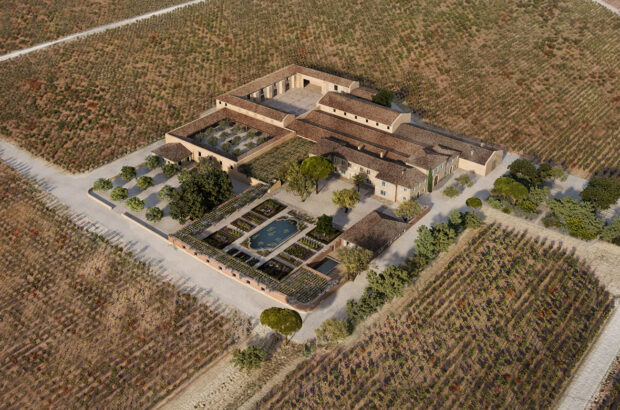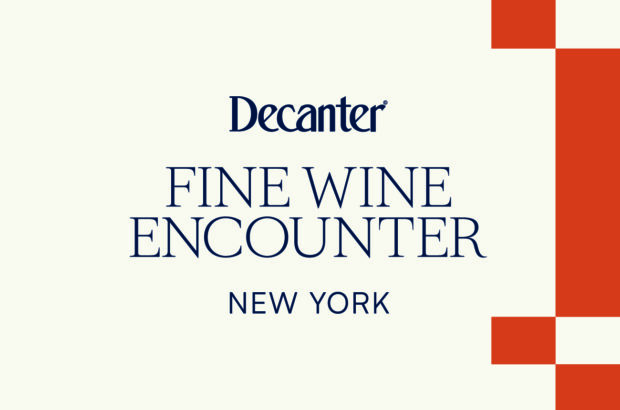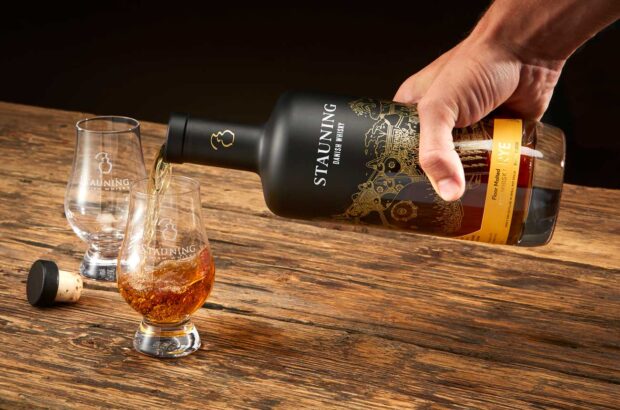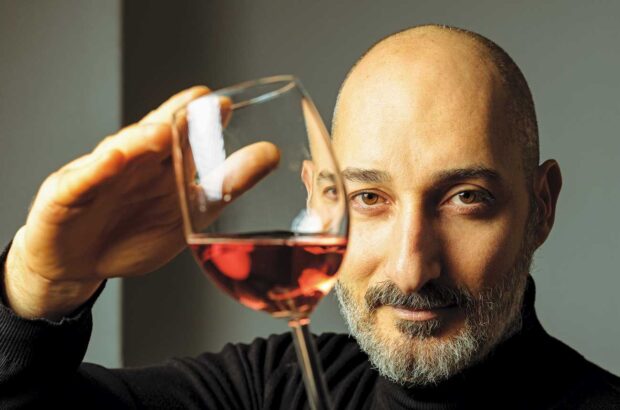A Northrop Grumman rocket blasted off from a NASA launchpad in Virginia on 2 November, sending the Bordeaux wines into space among 3,700kg of research and supply cargo that also included a zero-gravity baking oven.
But the wines were not part of the International Space Station’s Christmas dinner planning; researchers hope to study how radiation in space affects the ageing process.
It is part of a project involving several universities, including the University of Bordeaux’s ISVV wine institute, and led by a start-up company named Space Cargo Unlimited.
The Bordeaux wines will be stored on the ISS at 18 degrees Celsius for one year before being returned to earth and compared to a control sample that has been kept at the same temperature, NASA said in an explainer article.
The name of the Château involved has not been released.
It’s not the first time that wine has been sent to space. Château Lynch-Bages saw its 1975 vintage launched into space aboard NASA’s Discovery shuttle in 1985, returning to earth in 2015.
What will be studied?
The Bordeaux wines will be stored in a ‘Complex Microbiological System’ – or CommuBioS – according to NASA.
Scientists were keen to study how radiation and microgravity affected components in the wine, such as polyphenols, crystals and tannins.
That could offer clues on how to improve long-term storage of food and drink in space and also how the agriculture sector on earth might adapt to climate change.
Emmanuel Etcheparre, co-founder of Space Cargo Unlimited alongside entrepreneur Nicolas Gaume, told France’s Sud Ouest newspaper, ‘Ageing wine incorporates some of the essential elements of the terrestrial biological ecosystem, such as yeasts, bacteria, crystals, colloids and polyphenols.’
Space Cargo Unlimited’s website contained plans of future space research missions related to food and agriculture, as part of its ‘WISE’ project, over the next three years. This is set to include an experiment on how plants react to microgravity.
See also: Could red wine help power a mission to Mars?



